Search Results
Showing results 161 to 180 of 241
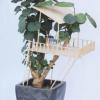
Mini Tree House Build
Source Institutions
In this activity, learners are challenged to design and build a miniature tree house in a potted plant. This activity uses engineering concepts to encourage creativity.
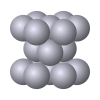
Crystal Packin' Mama
Source Institutions
In this activity, learners investigate the basic crystal structures that metal atoms form.
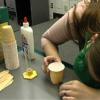
That's the Way the Ball Bounces: Level 2
Source Institutions
In this activity, learners prepare four polymer elastomers and then compare their physical properties, such as texture, color, volume, density, and bounce height.
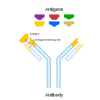
3D-ection: Molecular Shape Recognition
Source Institutions
In this activity (page 12), learners explore how molecules self-assemble and how molecules must fit together, like a lock and key, in order to identify each other and initiate a new function as a comb
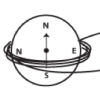
How Do We Convert Mechanical Energy into Electrical Energy?
Source Institutions
In this activity, learners use a compass, powerful magnet, and copper magnet wire to build a special generator known as a dynamo.
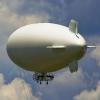
Sky Glider Challenge
Source Institutions
In this design challenge activity, learners use two helium-filled balloons to build a blimp that can travel in a straight path across the room.
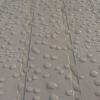
The China Hammer Mystery
Source Institutions
In this activity, learners are asked to examine the differences between two materials in a pair.
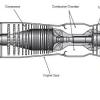
Jet Propulsion
Source Institutions
In this two-part activity, learners work in pairs to examine the four basic stages of a turbine engine.

Hot Air
Source Institutions
In this activity, learners set up an experiment to investigate the effects of hot air on the path of a laser beam.
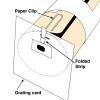
Spectroscope
Source Institutions
In this activity, learners construct their own spectroscope as they explore and observe spectra from familiar light sources.
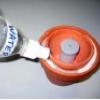
Cool It!
Source Institutions
Learners make a refrigerator that works without electricity. The pot-in-pot refrigerator works by evaporation: a layer of sand is placed between two terra cotta pots and thoroughly soaked with water.
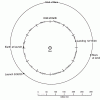
Getting There!: Navigation and Trajectory
Source Institutions
In this two-part activity, learners map a navigation plan to get from Earth to Mars and back. In activity one, learners represent the orbital paths of Earth through dance and dramatic movement.
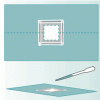
Tools of Magnification
Source Institutions
In this activity related to microbes, learners use water drops and hand lenses to begin the exploration of magnification. This activity also introduces learners to the microscope.
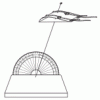
Airfoils
Source Institutions
In this experiment, learners discover how an airfoil creates lift. Learners use simple materials to build an airfoil and test it at different angles to investigate Bernoulli's principle.
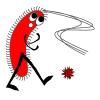
Comparing Sizes of Microorganisms
Source Institutions
In this activity related to microbes, learners create scale models of microorganisms and compare relative sizes of common bacteria, viruses, fungi and protozoa using metric measures: meters, centimete
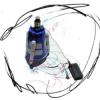
Cup Draw (Low Tech)
Source Institutions
In this activity, learners construct drawing machines using a cup, some markers, and a battery pack. The markers act as "legs" for the machine, making a drawing that records as it moves.

Reflective Solar Cooker
Source Institutions
In this activity, learners use the Sun's energy to cook marshmallows. Learners construct the solar oven out of simple everyday materials.
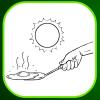
Solar Cooker
Source Institutions
Learners build a simple solar oven from a shoebox, black construction paper, and aluminum foil. Over the course of a few hours, the oven heats up water enough to brew tea.
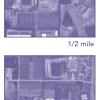
Aerial Imagery
Source Institutions
This activity (on page 2 of the PDF under SciGirls Activity: Earthquakes) is a full inquiry investigation into aerial imagery.
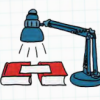
Light Bulb Challenge
Source Institutions
In this activity, learners explore the difference between compact fluorescent light (CFL) bulbs and traditional incandescent bulbs.
